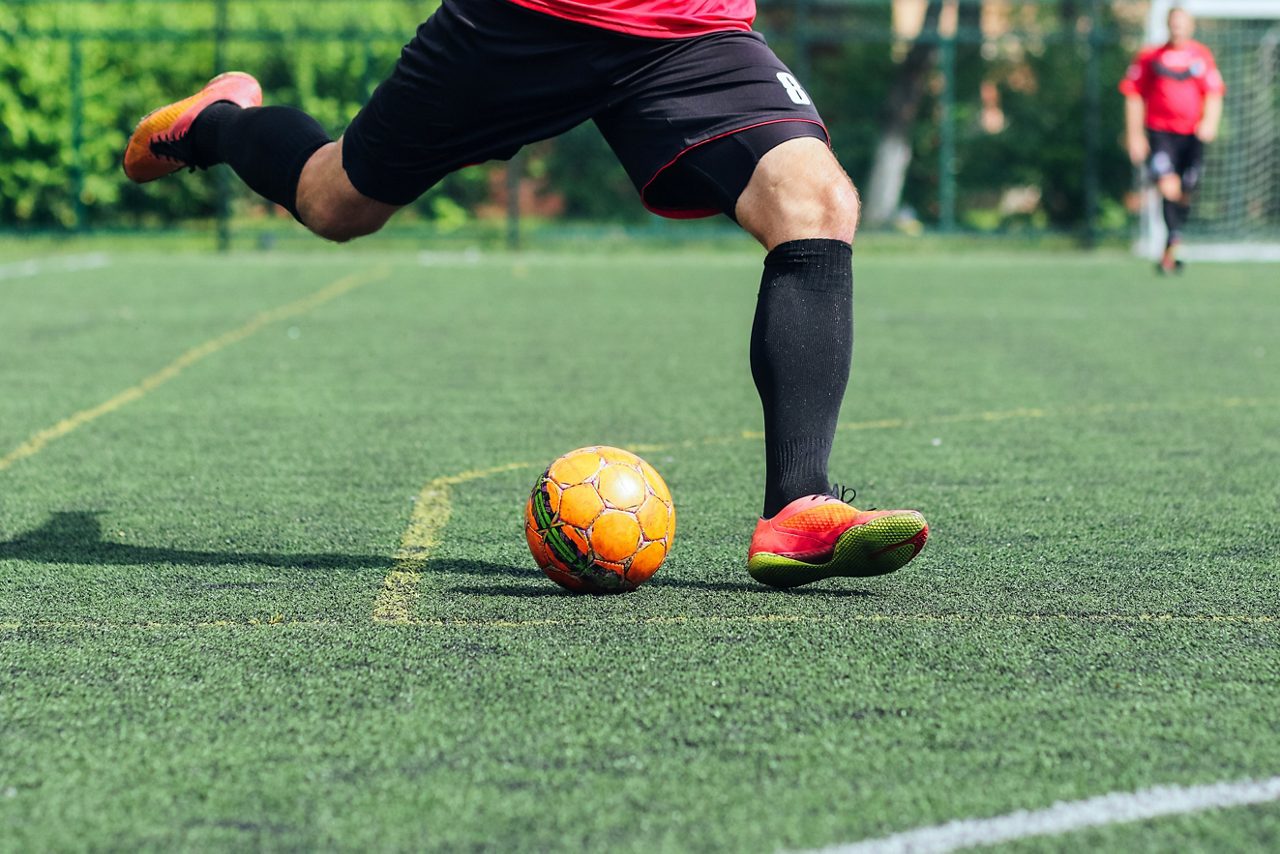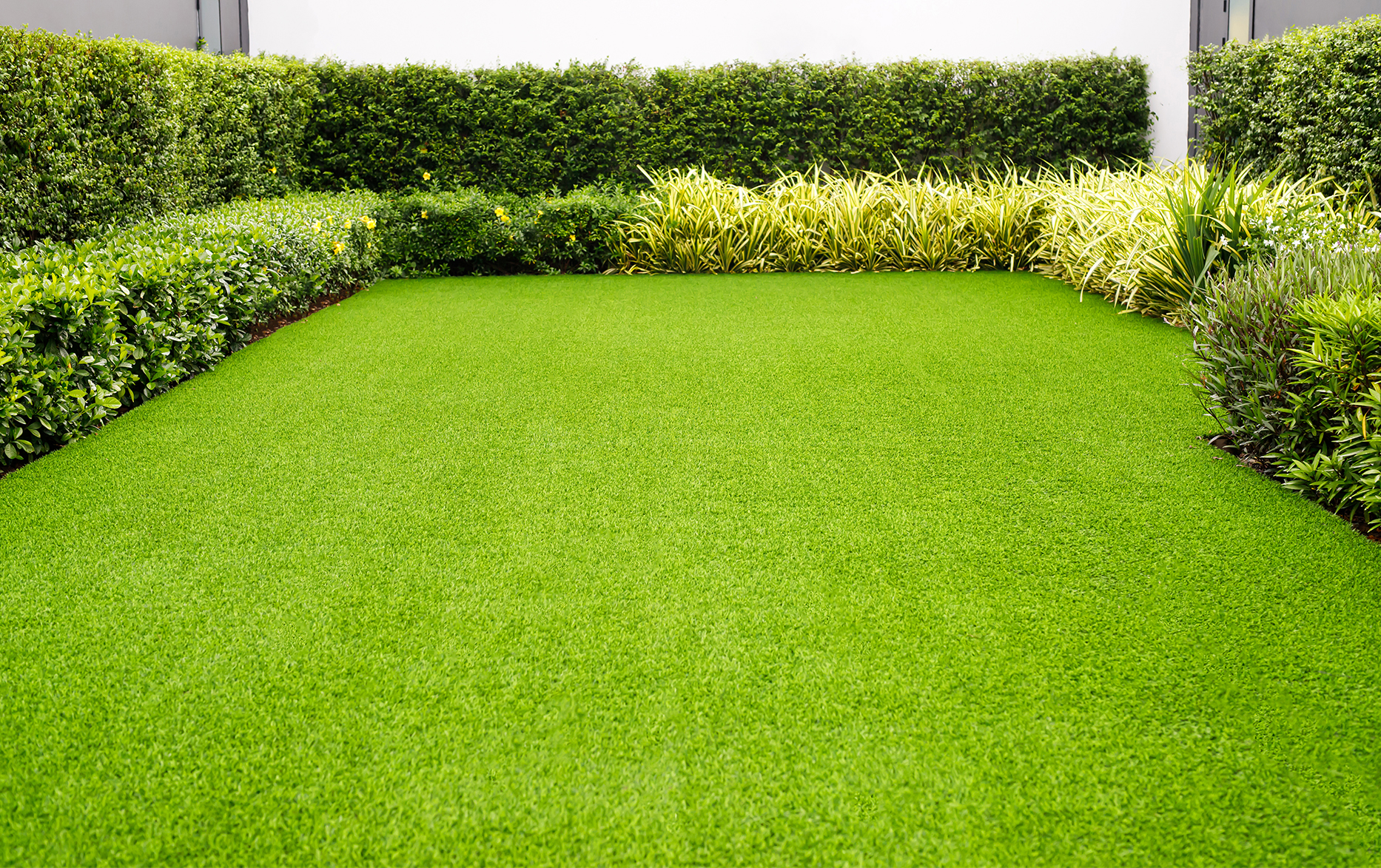Highly-Ranked Phoenix Turf Companies Specializing in Synthetic Grass Options
Highly-Ranked Phoenix Turf Companies Specializing in Synthetic Grass Options
Blog Article
See Why Homeowners Prefer Artificial Grass for Sustainable Landscape Design Practices
As property owners progressively focus on sustainability in landscaping, fabricated grass has arised as a compelling alternative to traditional grass. What continues to be to be explored is the full scope of advantages that synthetic grass can offer to property owners and the environment alike.
Water Conservation Benefits
Among the most substantial advantages of artificial turf is its role in water conservation. Typical lawn lawns call for substantial quantities of water to preserve their lavish look, commonly causing overuse of regional water sources, particularly in deserts. On the other hand, synthetic grass removes this demand totally, as it does not call for irrigation. This not just preserves water however likewise minimizes the strain on metropolitan water supply, specifically during drought conditions.
In addition, the installment of synthetic turf can add to a more sustainable landscape. Homeowners can dramatically decrease their water bills, permitting reallocation of sources to various other ecological efforts or household usages. Furthermore, fabricated grass is created to withstand different climatic conditions without the requirement for extra watering, making it a perfect option for areas facing water shortage.
The environmental advantages expand beyond prompt water financial savings. By lowering water intake, synthetic grass aids to mitigate the effects of climate modification, maintaining vital environments that are threatened by excessive water removal. As lasting landscaping practices obtain traction, man-made grass becomes an accountable selection for house owners looking for to create environment-friendly outside areas.
Minimized Upkeep Efforts
Fabricated lawn significantly reduces upkeep initiatives compared to traditional lawn yards. With synthetic yard, home owners can remove the time-consuming jobs connected with all-natural landscaping, such as mowing, fertilizing, and weeding. This not just saves important time however additionally minimizes physical labor, making grass treatment obtainable for individuals of all ages.
Among one of the most remarkable benefits is the lack of routine mowing. Conventional lawns call for regular trimming to maintain a cosmetically pleasing elevation, whereas artificial turf continues to be regularly rich without the demand for cutting. Furthermore, property owners no much longer need to use fertilizers or pesticides, which are typically needed to maintain all-natural turf healthy and balanced. This change not only lightens the workload however also promotes a neater, much more uniform appearance year-round.
Furthermore, artificial grass is durable and sturdy, needing very little maintenance past periodic cleaning and rinsing to eliminate debris. This simplicity of maintenance enables house owners to appreciate their outdoor rooms without the constant fear of upkeep, offering even more time for leisure and household activities. Ultimately, the lowered upkeep efforts connected with fabricated lawn make it an enticing option for those seeking a low-maintenance, aesthetically appealing landscape.

Ecological Impact Reduction
There is a growing recognition of the ecological benefits related to synthetic grass, especially in regards to water preservation and minimized chemical use. Standard yards call for substantial quantities of water, especially in drought-prone areas, leading to have a peek at this site enhanced pressure on local water sources. In comparison, synthetic grass gets rid of the demand for watering, substantially reducing water usage and promoting sustainability.
In addition, standard lawn upkeep typically involves the application of herbicides, fertilizers, and chemicals, which can add to dirt and water contamination. Synthetic grass alleviates this ecological threat by calling for marginal maintenance and essentially removing the requirement for unsafe chemicals. This not only boosts soil health however likewise protects regional environments from toxic overflow.
Moreover, the manufacturing of all-natural grass lawns generally includes the use of fossil fuels for trimming and landscaping equipment, additional adding to greenhouse gas exhausts. By selecting synthetic grass, house owners can considerably lower their carbon footprint connected with yard treatment activities.
Visual Allure and Adaptability
Along with its ecological advantages, artificial turf offers substantial visual appeal and versatility for landscaping. Homeowners can accomplish a lush, eco-friendly appearance year-round, eliminating the seasonal changes commonly connected with all-natural lawn. This regular aesthetic not just enhances the visual appeal of a residential property but likewise contributes to a polished and well-kept look.
Furthermore, fabricated grass is available in a selection of colors, designs, and appearances, permitting personalization to match individual choices and style themes - Arizona turf. Whether utilized in property yards, commercial areas, or entertainment areas, it can effortlessly integrate right into diverse landscaping layouts, from modern minimal to lush exotic setups
The convenience of artificial grass expands beyond simple appearance; it can be mounted in different locations, consisting of rooftops, patio areas, and even interior rooms, producing chances for great site distinct landscaping remedies. Furthermore, it appropriates for a range of tasks, from youngsters's play locations to pet-friendly settings, supplying performance without jeopardizing design.
Inevitably, the visual appeal and convenience of synthetic grass make it an attractive choice for homeowners looking for sustainable landscape design services that do not compromise charm for environmental duty.

Long-Term Cost Cost Savings
One of the most engaging advantages of fabricated turf is its potential for long-lasting cost savings. Unlike all-natural yard, which requires normal maintenance-- consisting of mowing, watering, fertilizing, and pest control-- man-made turf dramatically decreases these ongoing expenses.
Furthermore, synthetic grass has a life-span of 15 to 25 years, depending on its top quality and usage. This durability lessens substitute prices, making it a much more cost-effective selection in the long run. The initial investment in fabricated lawn can usually be recouped with the financial savings accrued over time.
While the ahead of time price may seem greater contrasted to turf setup, the collective savings from reduced upkeep and water usage typically surpass these preliminary expenses. Ultimately, the fostering of synthetic grass not only promotes a sustainable landscaping service yet additionally provides homeowners an economically savvy choice that straightens with lasting budgeting objectives.
Verdict
Synthetic grass emerges as a compelling alternative for sustainable landscaping, providing considerable benefits in water conservation, minimized upkeep efforts, and diminished ecological effect. Its aesthetic allure and versatility boost the visual landscape while lining up with modern sustainability objectives. In addition, lasting price savings add to its appearance for homeowners. As areas significantly focus on ecologically friendly techniques, the fostering of synthetic grass stands for a modern action toward accomplishing lasting and resistant landscapes.
In directory addition, artificial grass is designed to withstand various climatic conditions without the requirement for additional watering, making it an optimal selection for areas facing water scarcity. (Phoenix turf companies)

Man-made grass arises as an engaging choice for sustainable landscape design, providing substantial advantages in water preservation, minimized upkeep efforts, and decreased ecological impact.
Report this page